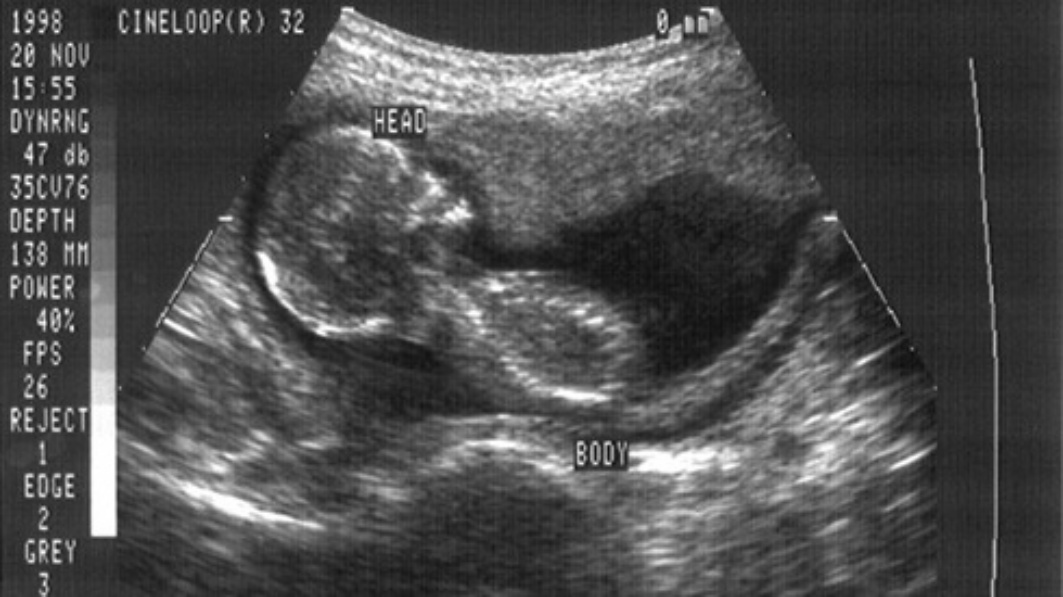A state is entitled, as a matter of public policy, to promote life rather than abortion. Just because a state is obligated to respect the 1973 Supreme Court decision in Roe v. Wadethat created a constitutional “right” to abortion, does not mean states can’t protect women’s health and save babies where those efforts don’t conflict with Roe. Thus said the U.S. Supreme court in the 1989 abortion case, Webster v. Reproductive Services.
One way a state promotes life is through “informed consent” laws, which require an abortionist to provide an abortion-minded woman with enough information about the procedure to allow her to make an educated decision whether or not to have the abortion.
Kentucky passed an ultrasound lawin 2017 that requires abortionists to perform an ultrasound on an abortion-minded client and allow her to view the images created and listen to the baby’s heartbeat, while describing to her what is being seen and heard during the procedure The law does not, however, require the woman to view the images or listen to the heartbeat or the abortionist’s description.
The law was challenged by an abortion clinic and its abortionists, who claimed the law violated the First Amendment’s right to free speech in that it compelled them to utter state-required speech they would otherwise choose not to utter. Abortion sellers, of course, make no money when a woman decides notto go through with an abortion after viewing and listening to an ultrasound.
You may recall that the First Amendment’s prohibition of government-compelled speech was at the heart of the 2018 Supreme Court decision in NIFLA v. Becerra, which struck down a California law that required pro-life pregnancy resource centers to promote the availability of state-funded abortion. A similar argument against “compelled speech” was central to the abortionists’ case here.
That argument succeeded in a lower federal court, which struck down the Kentucky law on First Amendment free speech grounds. However, the U.S. Court of Appeals for the Sixth Circuit reversedthe lower court recently in a 2-1 opinion. While the appeals court agreed that the law indeed “compelled” speech on the part of abortionists, the law passed constitutional muster because the speech required is necessary for patients to make informed decisions related to medical procedures. This type of medically related compelled speech must be “truthful, non-misleading, and relevant to an abortion,” the Sixth Circuit said, citing Planned Parenthood v. Casey, an important 1993 abortion decision from the Supreme Court involving a similar type of law.
Informed consent laws, including ultrasound laws, are effective in saving lives. This makes them natural targets for abortion sellers who traffic in killing babies. Another ultrasound law currently being challenged in the courts has recently reached the Supreme Court, which has not decided yet whether to accept it. In that case, involving an Indiana ultrasound law, the U.S. Court of Appeals for the Seventh Circuit struck it down and specifically found that the law would not promote the state’s interest in protecting life. Focus on the Family partnered with Alliance Defending Freedom to submit a friend-of-the-Court briefin that case explaining the positive results achieved through ultrasounds of abortion-minded women.
Related: Alive From New York






